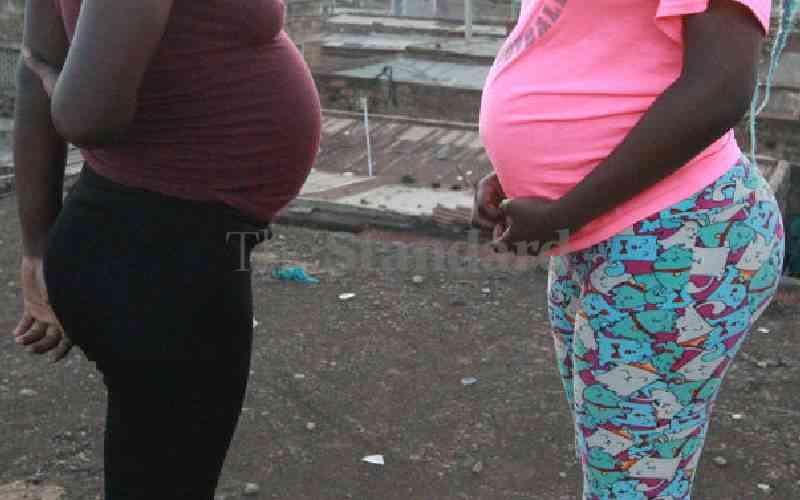×
The Standard e-Paper
Join Thousands Daily

Sexual assault in children is slowing Kenya's efforts to end HIV infections by 2030, experts have warned.
A report by the National Syndemic Disease Control Council (NSDCC) has revealed that sexual gender-based violence (SGBV) in children is compounding the high risk of HIV transmission and unintended pregnancies.